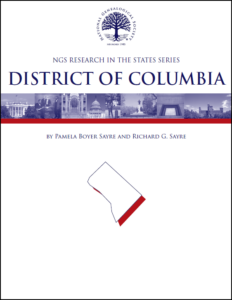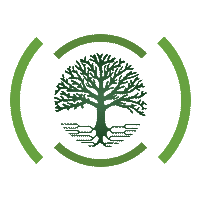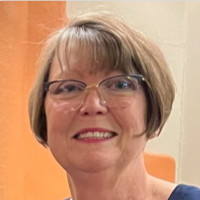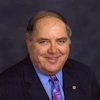 Research in the District of Columbia is the newest addition to the NGS Research in the States series. Published in the spring of 2023, it offers a detailed overview of the many repositories and records for family historians who are researching ancestors who may have lived in the District of Columbia (DC) as well as anyone for whom a federal record may exist such as
Research in the District of Columbia is the newest addition to the NGS Research in the States series. Published in the spring of 2023, it offers a detailed overview of the many repositories and records for family historians who are researching ancestors who may have lived in the District of Columbia (DC) as well as anyone for whom a federal record may exist such as
- someone who served in the military,
- an employee of the federal government,
- a prisoner of war,
- someone convicted in federal court, or
- immigrants who applied for citizenship.
Given the scope of records housed in DC, the authors warn, “Genealogical research in the District is more confusing and difficult than almost any other locality in the United States.” This book is, therefore, a welcomed and an invaluable guide for new and seasoned genealogists.
Some thirty Native American communities are believed to have inhabited the DC area in the early seventeenth century. They primarily included Manahoacs, Monacans, Nacotchtanks, and Powhatans. Europeans began to settle in the area in the mid-seventeenth century. The District of Columbia was created by an act of Congress on 16 July 1790. Those who contributed to the construction of the city included enslaved and free Blacks, English, French, Germans, indentured and free Irish, and Italians. Congress convened for the first time in DC on 17 November 1800.
DC’s records date from 1790. During the War of 1812, the British set fire to the city. Many congressional records were destroyed as well as Navy, War, and Treasury Departments’ archives. The most valuable records of the State Department, however, were saved. The lands that Virginia had contributed to the formation of DC were returned to the state in 1846 along with many pertinent records.
Co-authors Pamela Boyer Sayre and Richard G. Sayre provide concise descriptions of the collections housed in the District’s libraries and archives. Each listing includes a building address, phone number, and website address. They provide information on atlases, gazetteers, and maps; business records, cemetery records and surveys, federal and police censuses; records from the committees of the District of Columbia; and directories. Additional archival records discussed in the book are institutional records such as hospitals, orphanages, and prisons; court, land, military, and immigration and naturalization records; and religious, schools, and vital records.
Research in the District of Columbia also discusses records of specific ethnic groups. An extensive section focuses on records pertaining to African Americans who always represented a significant portion of the population. They include deeds, probate proceedings, fugitive slave case files, manumission and emancipation records, Slave Schedules as well as records from the Freedman’s Bureau, Freedman’s Savings and Trust Company, and more. Records of other ethnic groups include Asian, German, Irish, Jews, and Native Americans.
Though no guidebook can cover every potential resource for a family historian, Research in the District of Columbia provides information on a wealth of resources. As the authors note, “Repositories in the District offer something for almost all genealogists from those seeking a District ancestor to researchers looking to fill in details of a life with any federal record or rich resource found in niche repositories here.”
Published by NGS, Research in the District of Columbia is available for purchase in the NGS online store exclusively in a print version.

 Pamela Boyer Sayre, CG Retired (2021), FUGA, was a genealogy instructor for many years. From 2000-2002, she was the editor of the Association of Professional Genealogists Quarterly. She co-authored Research in Missouri for the NGS Research in the States series and Online Roots: How to Discover Your Family’s History and Heritage with the Power of the Internet. She served on the boards of both the Federation of Genealogical Societies and the National Genealogical Society.
Pamela Boyer Sayre, CG Retired (2021), FUGA, was a genealogy instructor for many years. From 2000-2002, she was the editor of the Association of Professional Genealogists Quarterly. She co-authored Research in Missouri for the NGS Research in the States series and Online Roots: How to Discover Your Family’s History and Heritage with the Power of the Internet. She served on the boards of both the Federation of Genealogical Societies and the National Genealogical Society. Richard G. Sayre, CG, CGL, FUGA, has taught countless genealogists from beginners to advanced learners covering topics in land, law, methodology, military, and regional resources. Over the course of his career, he has served as president, secretary, and treasurer of the Board for the Certification of Genealogists. He also served on the board of the Virginia Genealogical Society for several years.
Richard G. Sayre, CG, CGL, FUGA, has taught countless genealogists from beginners to advanced learners covering topics in land, law, methodology, military, and regional resources. Over the course of his career, he has served as president, secretary, and treasurer of the Board for the Certification of Genealogists. He also served on the board of the Virginia Genealogical Society for several years.